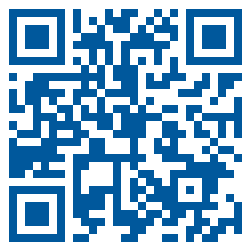
 Clinical Lead, Haematology. Remote Role. in London inLondon
Clinical Lead, Haematology. Remote Role. in London inLondon PUBLISHED TUE 10 DEC 2024 Jump to job information section
Medefer Ltd rJHfvlgP
Job description
About the role: Clinical Lead, Haematology
Were looking for a dynamic, forward-thinking individual to join our Medical Directorate and help us direct and grow our Haematology service. It's a fantastic opportunity for an experienced Haematology Consultant seeking their next challenge.
As Clinical Lead, you'll be responsible for developing new models of care and implementing them by successfully networking with local clinicians and healthcare providers, both NHS and private. You'll head up your department and lead your team in the provision of those services, constantly evaluating and seeking opportunity for continual quality improvement.
You'll also be a member of our Clinical Governance Committee, promoting a culture of safety, and quality; espousing black box thinking and be the point of escalation for any departmental concerns. You'll support the Chief Medical Officer and Medical Director to ensure that Medefer meets the requirements of the CQC and the clinical quality components of our contractual obligations.
The role is remote working and equates to 1PA per week (4 hours), and the expectation is that the work will be done outside of your NHS working hours and any other work that you may do.
About us
Please refer to the attached job description for a full overview of the role and responsibilities. There is also a full person specification which should be referred to when applying for the role.
If you're interested in this role but you have questions or you're not yet ready to apply, then please book a quick call with us and we'd be happy to answer any questions you have and tell you more about the role.
Requirements
See the job description for full role requirements.
Benefits
Benefits are provided by the employer and will be confirmed during your application.
A quick tap lets us tune future job matches for you

Scan with your phone to return to this page later.